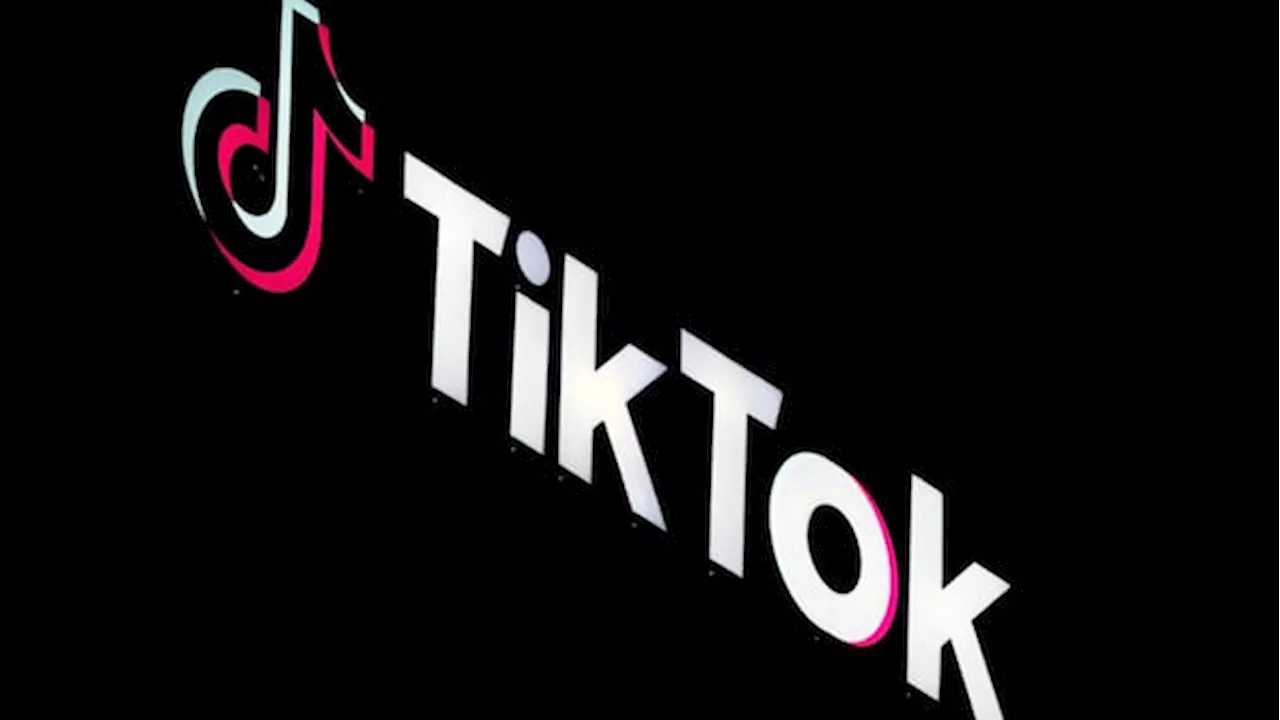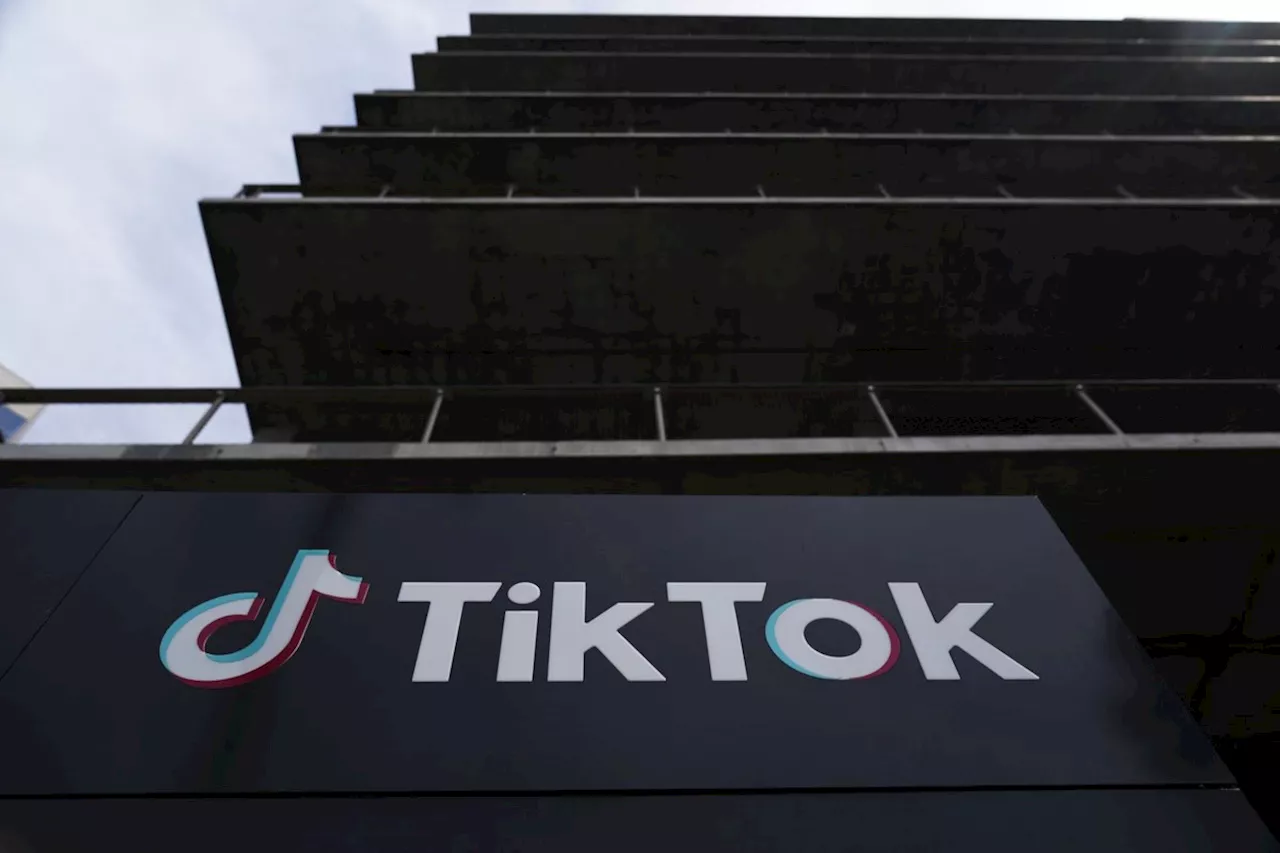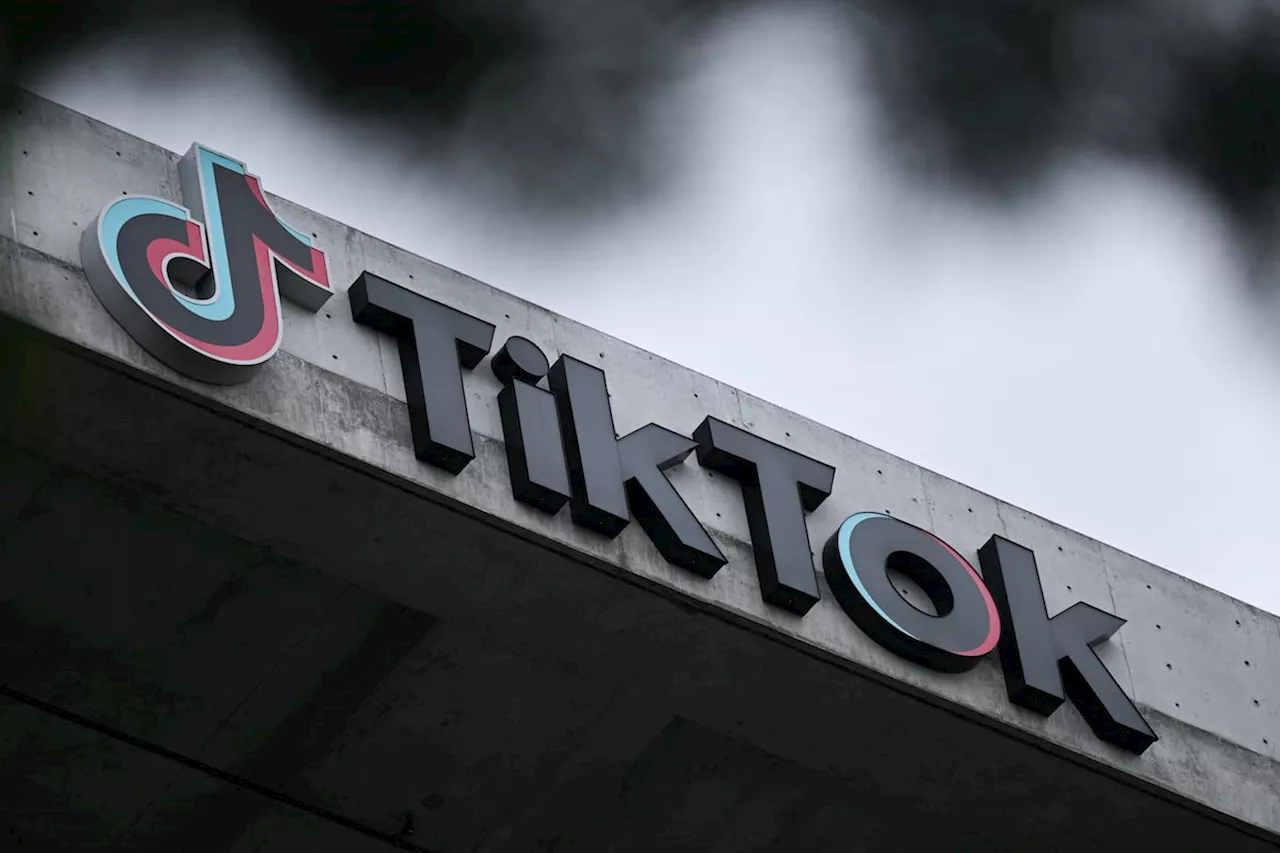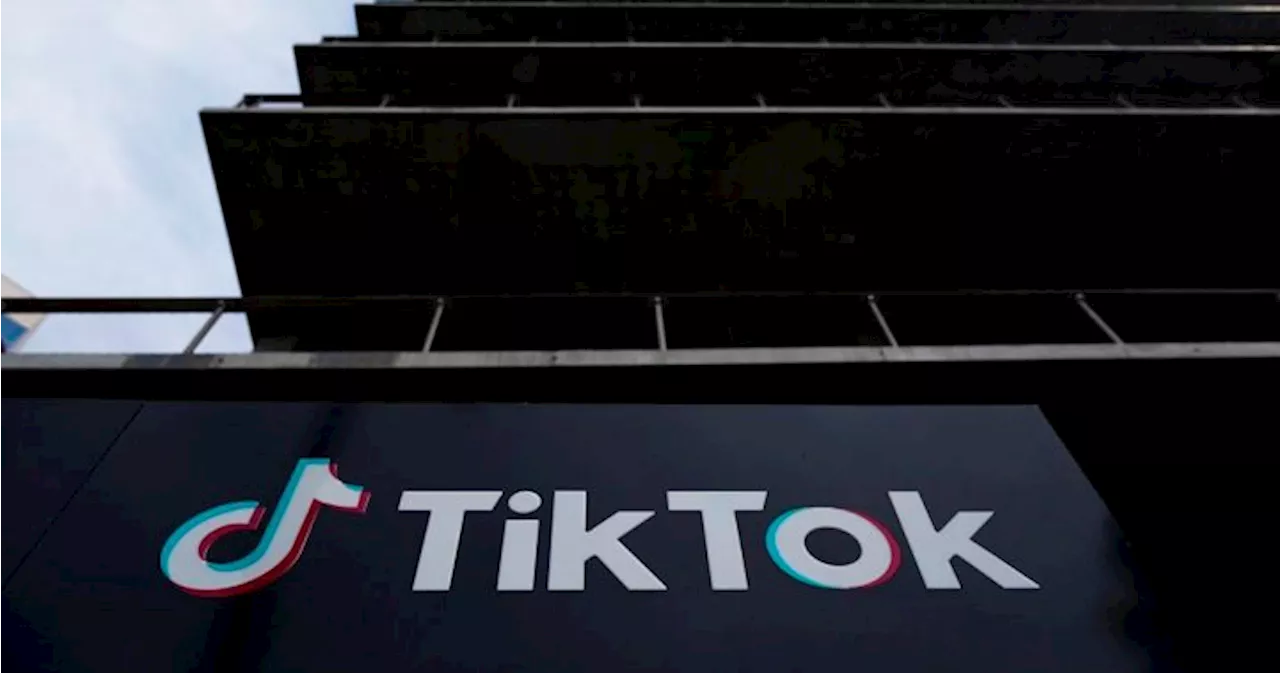The Supreme Court heard arguments on a law that would force the sale of TikTok or ban it in the US, with TikTok's lawyers warning that such a move could set a precedent for targeting other companies.
The lawyer for TikTok and its Chinese parent company ByteDance warned during Supreme Court arguments over a law that would compel the sale of the short-video app or ban it in the United States, stating that if Congress could do this to TikTok, it could come after other companies too. The law, argued before the nine justices on Friday, sets a January 19 deadline for ByteDance to sell the popular social media platform or face a ban on national security grounds.
The companies are seeking, at the very least, a delay in implementation of the law, which they say violates the U.S. Constitution’s First Amendment protection against government abridgment of free speech. Noel Francisco, representing TikTok and ByteDance, argued that Supreme Court endorsement of this law could enable statutes targeting other companies on similar grounds. \‘AMC movie theatres used to be owned by a Chinese company. Under this theory, Congress could order AMC movie theatres to censor any movies that Congress doesn’t like or promote any movies that Congress wanted,’ Francisco told the justices. The justices signalled through their questions during the arguments that they were inclined to uphold the law, although some expressed serious concerns about its First Amendment implications. TikTok is a platform used by about 170 million people in the United States, roughly half the country’s population. Congress passed the measure last year with overwhelming bipartisan support, as lawmakers cited the risk of the Chinese government exploiting TikTok to spy on Americans and carry out covert influence operations. \Jeffrey Fisher, the lawyer representing TikTok content creators who also have challenged the law, noted during the Supreme Court arguments that Congress with this measure was focusing on TikTok and not major Chinese online retailers including Temu. ‘Would a Congress (that is) really worried about these very dramatic risks leave out an e-commerce site like Temu that has 70 million Americans using it?’ Fisher asked. ‘It’s very curious why you just single out TikTok alone and not other companies with tens of millions of people having their own data taken, you know, in the process of engaging with those websites and equally, if not more, available to Chinese control.’ \Democratic President Joe Biden signed the measure into law and his administration is defending it in this case. The deadline for divestiture is just one day before Republican Donald Trump, who opposes the ban, takes office as Biden’s successor. Solicitor General Elizabeth Prelogar, arguing for the Biden administration in defending the law, said it was crucial that it take effect on January 19 as scheduled in order to force ByteDance to act on divestiture. ‘Foreign adversaries do not willingly give up their control over this mass communications channel in the United States,’ Prelogar said. ‘When push comes to shove, and these restrictions take effect, I think it will fundamentally change the landscape with respect to what ByteDance is willing to consider. And it might be just the jolt that Congress expected the company would need to actually move forward with the divestiture process,’ Prelogar said. \If the ban takes affect on January 19, Apple and Alphabet’s Google would no longer be able to offer TikTok for downloads for new users but existing users could still access the app. The U.S. government and TikTok agree that app would degrade and eventually become unusable over time because companies would not be able to offer supporting services. The Supreme Court also debated whether the possibility of TikTok being used for covert influence campaigns or propaganda purposes by China justified the banning it. ‘Look, everybody manipulates content,’ Francisco told the court. ‘There are lots of people who think CNN, Fox News, the Wall Street Journal, the New York Times are manipulating their content. That is core protected speech.’ \Trump on December 27 urged the court to put a hold on the January 19 deadline to give his incoming administration ‘the opportunity to pursue a political resolution of the questions at issue in the case.’ Under the law, the U.S. president has the power to extend the January 19 deadline for 90 days, but under circumstances that do not appear to apply to the current situation in which ByteDance has made no apparent effort to sell TikTok’s U.S. assets. The law mandates that the president certify that significant progress has been made toward a sale, with binding legal agreements. Regardless, Trump does not become president until after the deadline – though Francisco said ‘we might be in a different world’ once Trump is back in the White House. Justice Brett Kavanaugh asked Prelogar whether the president could ‘say that we’re not going to enforce this law?’‘Again, that’s one of the reasons why I think it makes perfect sense to issue a preliminary injunction here and simply buy everybody a little breathing space,’ Francisco said
TIKTOK BAN SUPREME COURT CHINA FREE SPEECH
Canada Latest News, Canada Headlines
Similar News:You can also read news stories similar to this one that we have collected from other news sources.
 Supreme Court Hears Arguments on TikTok BanThe Supreme Court is considering upholding a law that would ban TikTok in the United States, citing national security concerns related to its Chinese ownership. Arguments focused on the balance between free speech and the potential threat to U.S. data.
Supreme Court Hears Arguments on TikTok BanThe Supreme Court is considering upholding a law that would ban TikTok in the United States, citing national security concerns related to its Chinese ownership. Arguments focused on the balance between free speech and the potential threat to U.S. data.
Read more »
 TikTok asks U.S. Supreme Court for emergency order to block upcoming banA TikTok sign is displayed on top of their building in Culver City, Calif., on Tuesday, Dec. 3, 2024.
TikTok asks U.S. Supreme Court for emergency order to block upcoming banA TikTok sign is displayed on top of their building in Culver City, Calif., on Tuesday, Dec. 3, 2024.
Read more »
 TikTok Asks Supreme Court For Emergency Order Blocking BanLawyers for the company and China-based ByteDance urged the justices to step in before the law's Jan. 19 deadline.
TikTok Asks Supreme Court For Emergency Order Blocking BanLawyers for the company and China-based ByteDance urged the justices to step in before the law's Jan. 19 deadline.
Read more »
 Supreme Court to Hear Arguments on TikTok Ban LawThe Supreme Court will hear arguments in January regarding the constitutionality of a federal law that could ban TikTok in the U.S. if its Chinese parent company doesn't sell it. The justices will consider whether the law violates the First Amendment by restricting speech. The law, enacted in April, set a deadline of January 19th for TikTok to be sold or face a ban. Lawyers for TikTok and ByteDance urged the court to intervene before the deadline.
Supreme Court to Hear Arguments on TikTok Ban LawThe Supreme Court will hear arguments in January regarding the constitutionality of a federal law that could ban TikTok in the U.S. if its Chinese parent company doesn't sell it. The justices will consider whether the law violates the First Amendment by restricting speech. The law, enacted in April, set a deadline of January 19th for TikTok to be sold or face a ban. Lawyers for TikTok and ByteDance urged the court to intervene before the deadline.
Read more »
 Supreme Court to Hear TikTok's Appeal Against US BanThe U.S. Supreme Court has agreed to hear TikTok's appeal against a law that would force the sale of the popular short-video app. TikTok and its parent company, ByteDance, argue that the ban violates free speech protections.
Supreme Court to Hear TikTok's Appeal Against US BanThe U.S. Supreme Court has agreed to hear TikTok's appeal against a law that would force the sale of the popular short-video app. TikTok and its parent company, ByteDance, argue that the ban violates free speech protections.
Read more »
 Supreme Court to Hear Arguments on TikTok Ban LawThe U.S. Supreme Court will hear arguments in January on the constitutionality of a federal law that could ban TikTok in the United States. The law, enacted in April, sets a January 19 deadline for TikTok to be sold or face a ban. Lawyers for TikTok and its parent company, ByteDance, have urged the court to intervene before the deadline. The case raises questions about free speech rights and national security concerns.
Supreme Court to Hear Arguments on TikTok Ban LawThe U.S. Supreme Court will hear arguments in January on the constitutionality of a federal law that could ban TikTok in the United States. The law, enacted in April, sets a January 19 deadline for TikTok to be sold or face a ban. Lawyers for TikTok and its parent company, ByteDance, have urged the court to intervene before the deadline. The case raises questions about free speech rights and national security concerns.
Read more »
